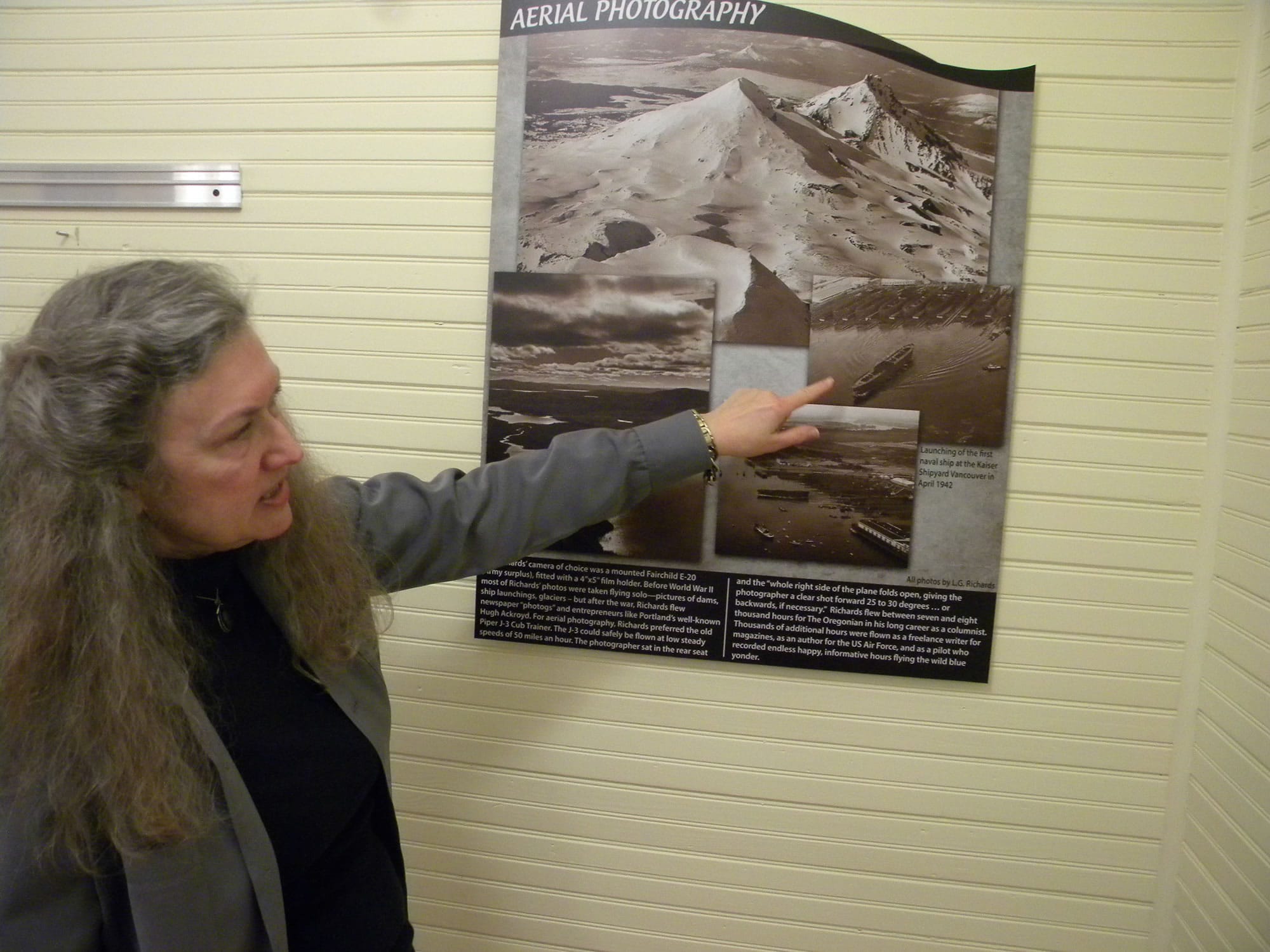Fort Vancouver has played different roles in eclipse-watching over the years. On Aug. 21, it will provide viewers of the Great American Eclipse with lots of parking spaces, plenty of room to hang out and one of the biggest skies in town.
In 1860, it seems, its big contribution was mules.
As part of an eclipse-watching event at Fort Vancouver National Historic Site, author Mary Rose will discuss the history of eclipses in the Pacific Northwest.
Her presentation will be at 11:30 a.m. — just about the time the moon and sun go their separate ways — at the bookstore in the Fort Vancouver Visitor Center, 1501 E. Evergreen Blvd.
Rose has previewed some of the material for “Plunge into Darkness: Historical Eclipses that Crossed the Pacific Northwest.” She is a historian for the Confluence Project, a nonprofit that weaves education and heritage into public programs.
The path of the total eclipse on July 18, 1860, went from the southwest corner of Washington Territory to the northeast corner. The U.S. Army’s quartermaster general instructed the quartermaster at Fort Vancouver to supply as many pack mules as might be required to transport the scientists and their equipment from Seattle to their observation point near Steilacoom.
One of the sources Rose cites was a former Vancouver Barracks commander. Gen. O.O. Howard and his troops were in pursuit of Chief Joseph and his band of Nez Perce when a solar eclipse occurred on July 29, 1878.
“For a while, everything appeared very much as when the heavens are obscured by the smoke of forest fires,” Howard wrote. “It seemed to the officers and men as if they had been suddenly ushered into another world …”
He compared it to the setting of “The Coming Race,” a fantastic tale penned by Edward Bulwer-Lytton. (You might know him better as author of the phrase “It was a dark and stormy night …”)
“In a few hours, however,” Howard wrote, “the realities of things were re-established.”
Off Beat lets members of The Columbian news team step back from our newspaper beats to write the story behind the story, fill in the story or just tell a story.




